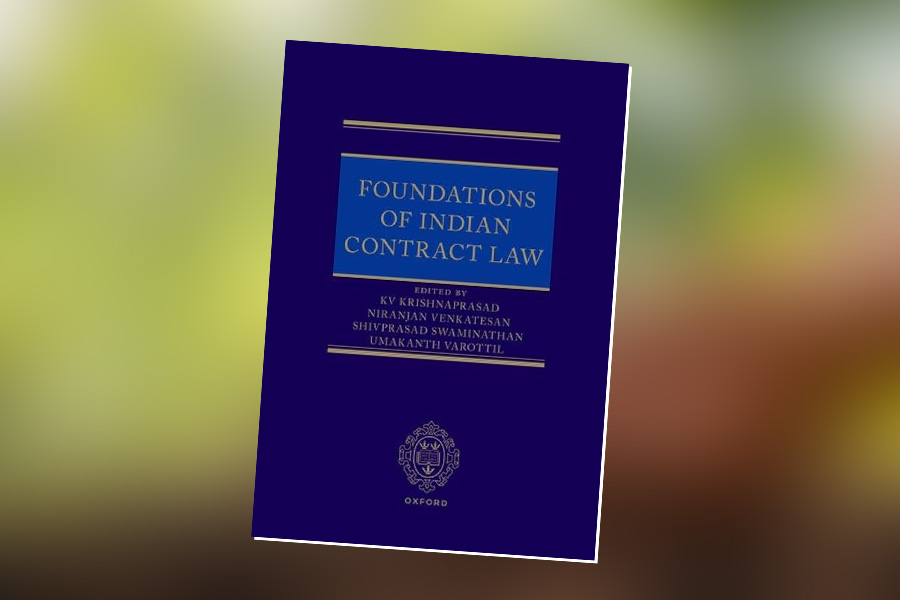
The Indian Contract Act and common law can accommodate a duty of good faith, despite inconsistencies.
Authors
Manasi Kumar, Professor, Jindal Global Law School, O.P. Jindal Global University, Sonipat, India
Poorna Mysoor, Lucy Cavendish College, University of Cambridge, United Kingdom
Summary
This Chapter examines the extent to which the Indian Contract Act (‘the Contract Act’) and the Indian common law recognise the duty of good faith. It argues that regardless of the intention of imperial Britain in enacting the Contract Act in its original form, there is no reason to assume that a duty of good faith cannot be read into the interpretation of the Indian contract law.
Upon examination of the legislative provisions and the case law, it demonstrates that despite inconsistencies, there is sufficient basis to argue that the duty of good faith can be incorporated at every stage of the life of a contract. It concludes that despite the scepticism of English courts towards imposing a positive duty of good faith, the Indian legal system should forge its own path reflective of its value system and business realities
Published in: ‘The Duty of Good Faith’, in KV Krishnaprasad, and others (eds), Foundations of Indian Contract Law (Oxford, 2024; online edn, Oxford Academic, 10 Sept. 2024),
To read the full chapter, please click here.

